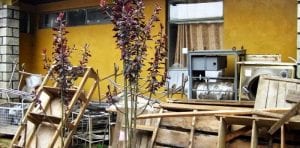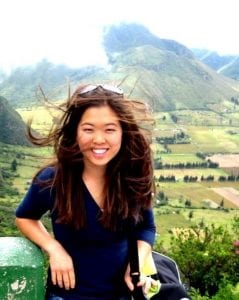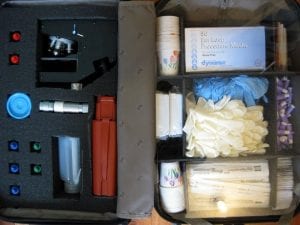In the seven years since I started down my own bioengineering-global health path, I’ve documented hundreds of unmet healthcare needs around the world, from crowded urban hospitals in Addis Ababa, Ethiopia to community health posts in rural Indonesia.
I have seen diagnostic tests dependent on unavailable consumables, expensive treatments inaccessible to impoverished patients, and hospital equipment too specialized to be maintained locally.
In these problems I began to see opportunities. Opportunities to use engineering to improve health outcomes.
I was introduced to the idea of global health engineering as a college freshman.
Through my involvement with the Rice 360° Institute for Global Health, I was connected to the needs of clinicians in Malawi, I learned how to approach medical device design in the context of local constraints, and had opportunities to travel internationally to experience it all for myself.
My first project was a simple one – I worked on putting together a kit equipped to help healthcare workers diagnose malaria and tuberculosis. I, then, spent the summer at a clinic in rural Ecuador getting feedback on the project.
I returned to Rice strongly motivated to develop my skills and use them to address the challenges I’d observed.
Throughout college, I balanced bioengineering courses with international opportunities, making six more trips to Latin America and Africa.
While I gained technical knowledge in my engineering classes, it was my global health projects that allowed me to experience the practical role of engineering when applied to real-world problems. As a capstone project, I worked on a point-of-care diagnostic for neonatal jaundice, a project that cemented my love for the design process.
By the time I finished undergrad, my love for the engineering process had flourished. I was committed to improving health outcomes for under-served populations.
While doing my Master’s at Johns Hopkins, I thougth often of the impact Rice 360° had on my college experiences and professional path. I decided to pursue a career in engineering education.
Today, my goal is to empower students, so that they may have access to quality education and opportunities to apply their skills to problems that matter.
And this is what brought me back to Rice and the Rice 360° Institute for Global Health last summer, this time as a PhD student in the Richards-Kortum lab.
Melody Tan


